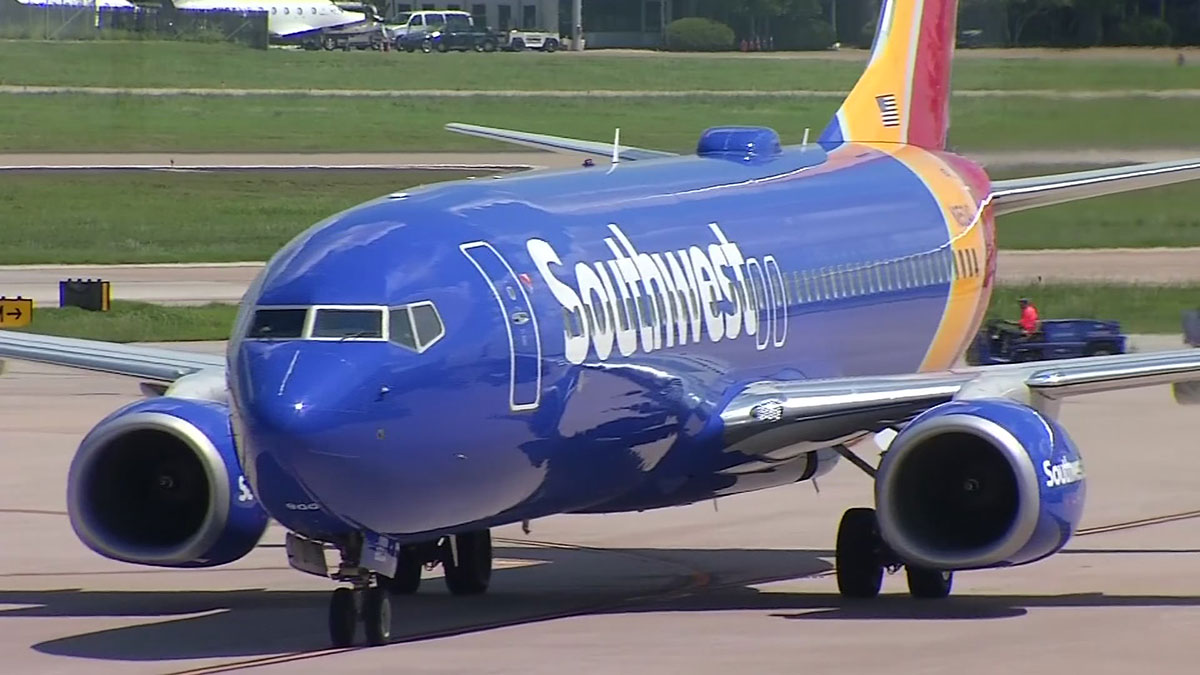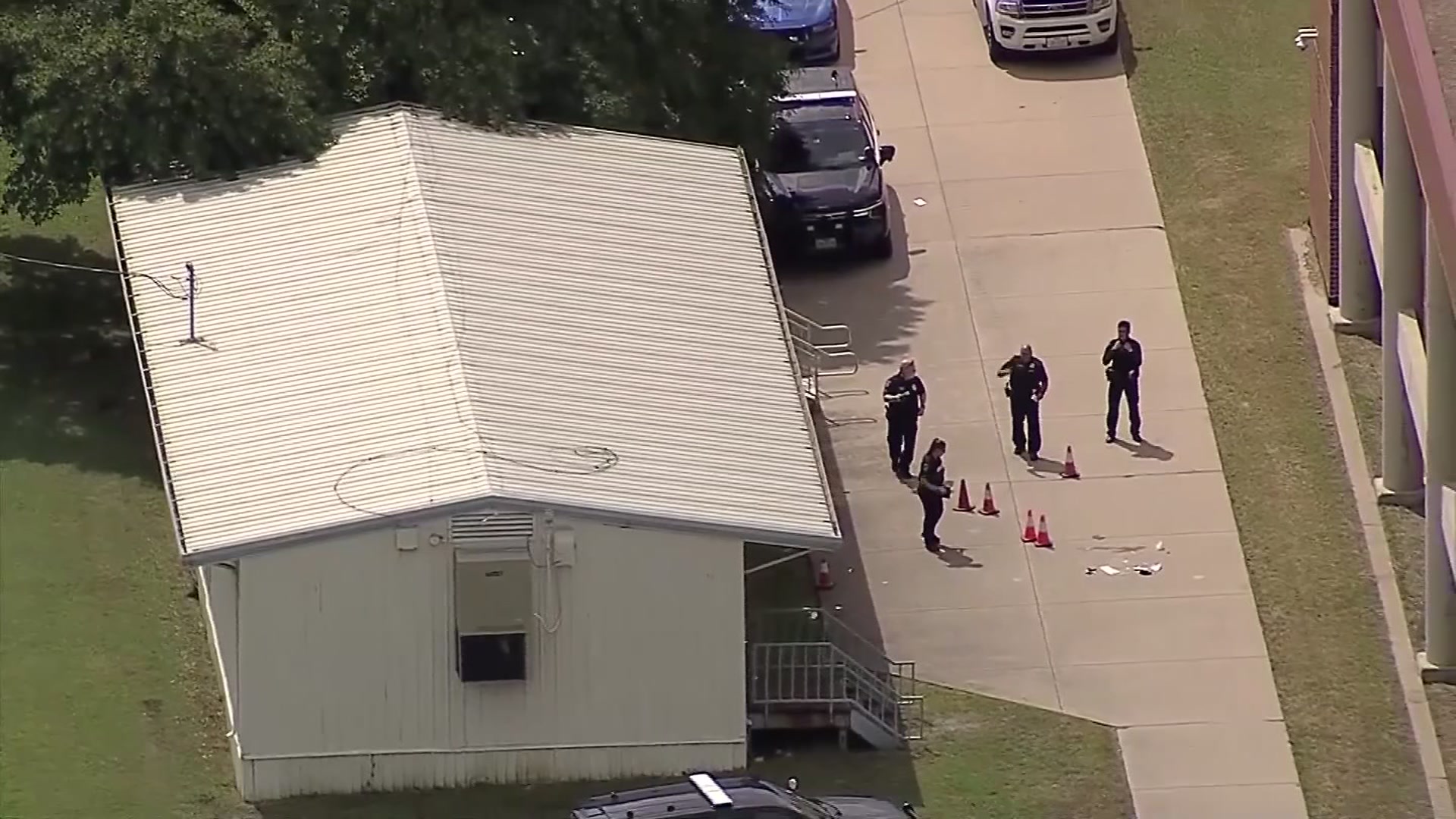Before protesters marched in Ferguson, New York and Baton Rouge, South Dallas residents came face-to-face with police during protests of a 2012 officer-involved shooting.
Adolphus Johnson still recalls the heat that day. Under the sweltering summer sun hundreds of South Dallas residents took part in a tense protest after the killing of James Harper, an unarmed black man fatally shot by a Dallas police officer during a struggle in 2012.
"I just remember 300 of my friends – family members – crying, mourning, over a death that could have been prevented," Johnson said. "It causes me to feel down, of course, because I lost a friend, but it also causes me to be angry."
Johnson said Harper's killing only deepened the mistrust of police in minority communities. Following the death of five officers last Thursday, Johnson said rebuilding that trust will take a long time.
"I believe change can come, but will it happen immediately? No. Will it happen next year, or the next five years, 10 years?" he asked. One of his friends then yelled "it might get worse."
Johnson said calls to unify ring hollow when neither the police nor the protesters seeking to hold them accountable listen to each other. He believes officers need better training and must engage the community at the neighborhood level, not just those who show up at protests and rallies.
"We need people who represent that are more like us, who live this life," he said.
Local
The latest news from around North Texas.
Engagement is a main component of the Dallas Police Department's community policing approach, which has received high praise following Thursday's shooting. Sgt. David Davis of the Black Police Association said community policing is only a starting point.
"There must be a dialogue. I think both sides really need to take a look in the mirror and listen and identify the issues each has with the other," Davis said.
Davis is from Dallas and has been a police officer for nearly two decades. He said losing five officers in one night was surreal. According to police, the killer targeted white police officers, but had also grown angry with the Black Lives Matter movement.
Davis said he hopes both sides can come together to prevent future acts of violence and gain a better understanding of one another's views.
"Become involved in the areas that will affect social change as a whole," he said. "That's my message. Become involved and become part of the solution and not part of the problem."



